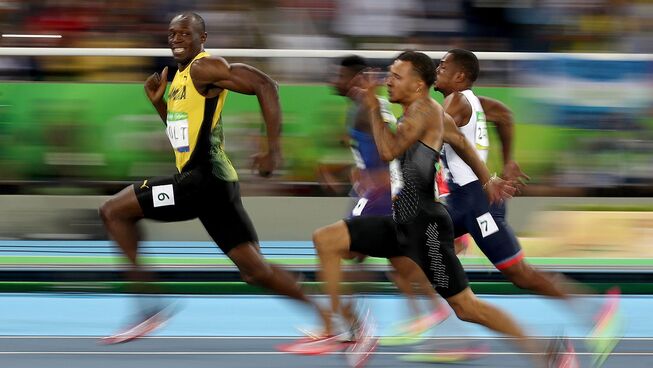The Lance Armstrong story - a failure of science?

This last week sporting headlines have been dominated by Lance Armstrong and the revelations that he has been found guilty of doping. Armstrong has been stripped of his seven Tour de France titles and has been banned from cycling for life. The US Anti-Doping Agency (USADA) justified its decision by claiming that,
"The evidence shows beyond any doubt that the US Postal Service Pro Cycling Team ran the most sophisticated, professionalized and successful doping program that sport has ever seen."
According to the 'evidence', Armstrong was guilty. Yet, what kind of evidence convicted Armstrong? Was is purely forensic "scientific" evidence? Not really. Whilst there was some forensic scientific evidence supporting the case against Armstrong (you can read the full report here) there was little hard forensic evidence of positive drug tests. In fact, the report against Armstrong shows the variety of techniques he adopted in order to avoid positive drug tests. No, it wasn't science that convicted Armstrong. The vast bulk of the evidence against him was the sworn testimony of 26 people, including 15 other riders.
This is significant because a number of modern thinkers claim that science is the only legitimate and reliable method of securing knowledge. Daniel Dennett claimed that, 'There is no better source of truth on any topic than well-conducted science'. This group are also caustic to the value of eye-witness testimony, which they consider faulty and untrustworthy. Victor Stenger criticises eye-witness testimony as being 'notoriously unreliable' and Richard Dawkins writes that 'eye-witness testimony, 'actual observation', 'a datum of experience' - are all, or at least can be, hopelessly unreliable'.
This elevation of science as the only legitimate and secure pathway to knowledge is known as scientism - the belief that science alone can give us truth in the world. The Lance Armstrong case demonstrates a clear failure of scientism.
Science itself is an extremely useful and reliable tool to obtain knowledge, but it is a tool with limits. It is also a tool that can be avoided or manipulated, as the Armstrong case demonstrates. Yet science is not the only tool to secure knowledge of the world. Eyewitness testimony can also be a reliable pathway to the truth, contrary to the claims of Dawkins and Stenger. The case against Lance Armstrong demonstrates that very clearly.
An important implication of this relates to our understanding of the events of Jesus' life and most notably Jesus' resurrection. Access to these events are beyond the realms of scientific enquiry, yet we have the eye-witness testimony of many who saw them. Perhaps we should consider this testimony as extremely significant when considering the truth of the claims about Jesus: remember it was the eye-witnesses who cost Lance Armstrong his titles.


